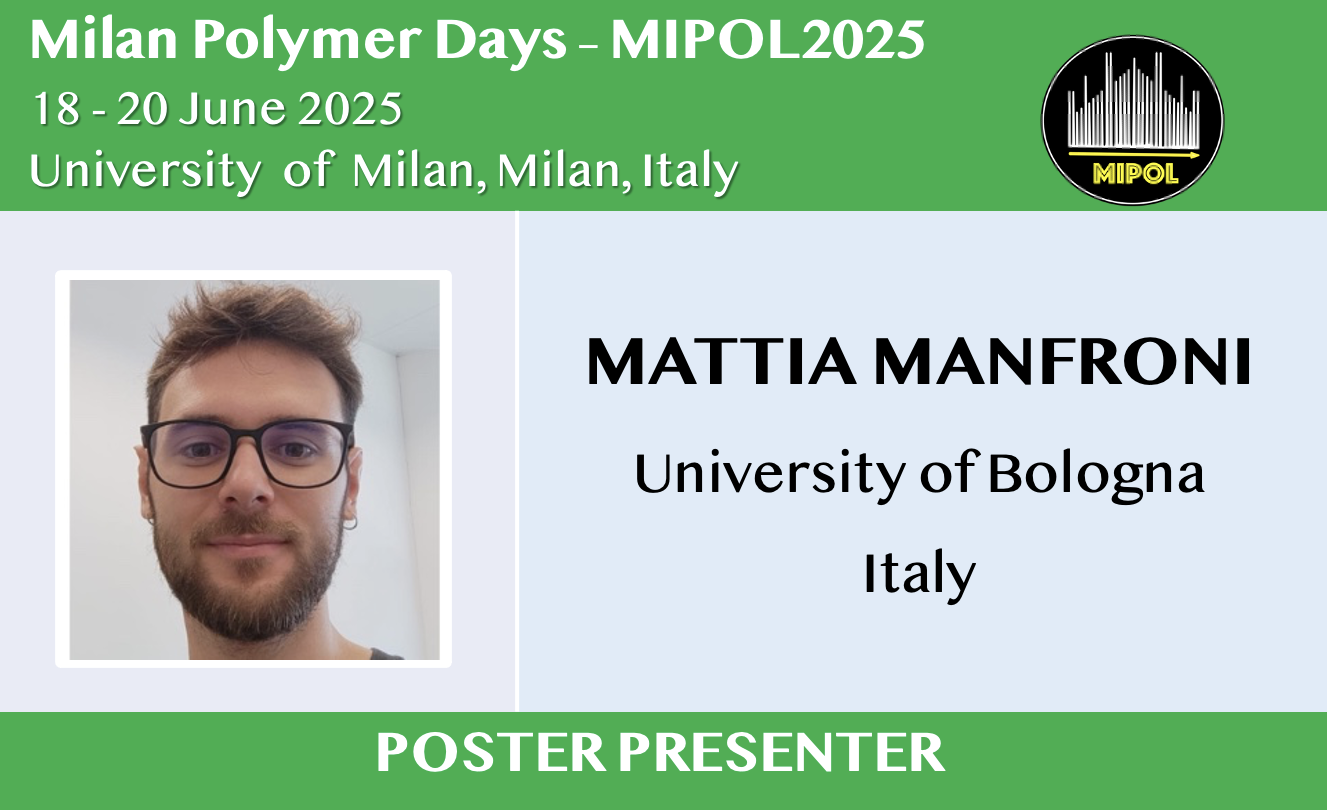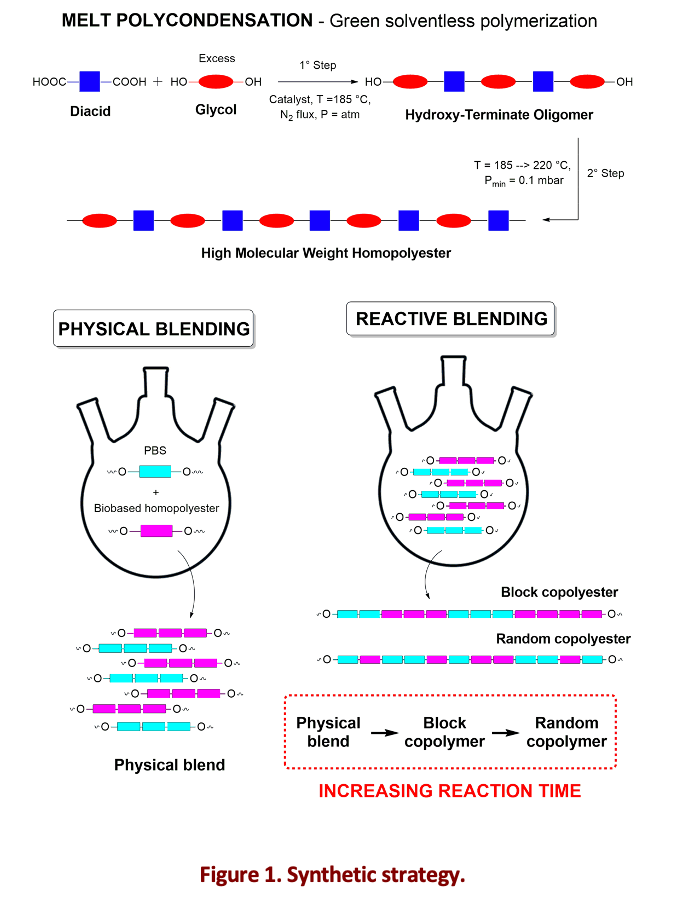Progress in the eco-design of biobased copolymer systems for packaging applications
Abstract

The primary function of packaging is to protect and preserve products throughout transportation and storage. Nevertheless, many plastic packaging materials are designed for single use, resulting in a short life cycle. The accelerated production rates of petroleum-based plastics within the packaging industry, coupled with their inherent durability, have led to a marked escalation in plastics pollution. This environmental issue presents significant challenges to marine and terrestrial ecosystems and may pose potential threats to human health [1]. Considering these urgent concerns, there is an increasing academic and industrial interest in sustainable packaging alternatives aimed at diminishing reliance on fossil-based materials. Among these alternatives, poly(butylene succinate) (PBS), an aliphatic polyester synthesized from the combination of succinic acid (SA) or its corresponding ester (DMS) with 1,4-butanediol (1,4-BD), has gained significant attention [2]. Notably, both monomers can be derived from renewable feedstocks, which enhances PBS's sustainability profile. Despite its recognized advantages [3], PBS is often subjected to physical and chemical modifications to expand its versatility and application fields [4]. Accordingly, this study explores the chemical modification of PBS by synthesizing a series of block copolymers, incorporating an additional bio-based polymer as a co-unit. The research investigates the use of a reactive blending technique to achieve a range of distinct molecular architectures (Fig. 1). This eco-designed approach effectively contributes to the modulation of thermo-mechanical properties across the copolymer series.

References
- S. Sharma, S. Chatterjee Environ. Sci. & Pollut. Res. 2017, 24, 21530.
- C.L. Reichert, E. Bugnicourt, M.B. Coltelli, P. Cinelli, A. Lazzeri, I. Canesi, F. Braca, B.M. Martínez, R. Alonso, L. Agostinis, S. Verstichel, L. Six, S.D. Mets, E.C. Gómez, C. Ißbrücker, R. Geerinck, D.F. Nettleton, I. Campos, E. Sauter, P. Pieczyk, M. Schmid Polym. 2020, 12, 1558.
- M. Gigli, M. Fabbri, N. Lotti, R. Gamberini, B. Rimini, A. Munari Eur. Polym. J. 2016, 75, 431.
- M. Barletta, C. Aversa, M. Ayyoob, A. Gisario, K. Hamad, M. Mehrpouya, H. Vahabi Prog. Polym. Sci. 2022, 132, 101579.
Acknowledgments
All the authors acknowledge the financial support of the University of Bologna and the company Versalis S.p.A.

